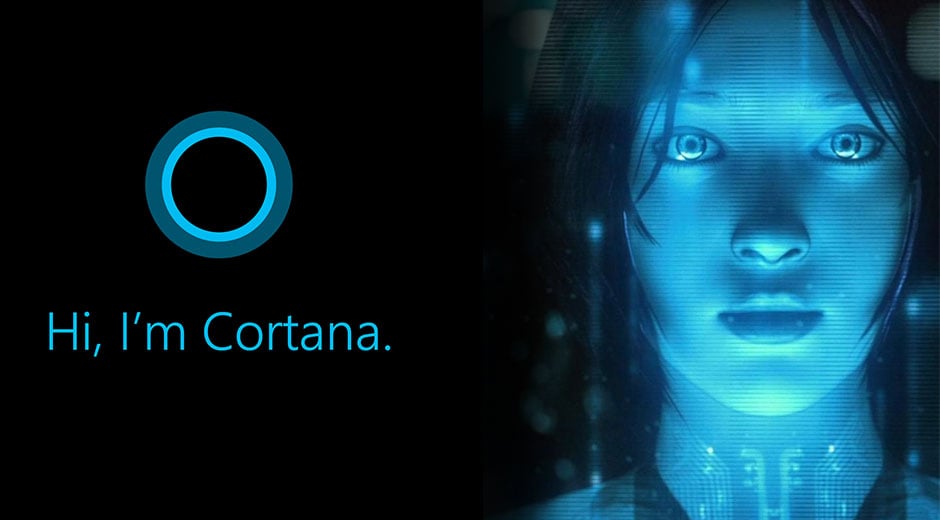When Microsoft launched its personal assistant Cortana in 2014, a large portion of the questions she was initially asked had to do with her sex life. And the gendered harassment Cortana receives isn’t isolated; according to CNN, Siri, Mia, Robin, and other female-coded virtual assistants all deal with users who “talk dirty, confess their love, role play or bombard them with insults.”
It probably shouldn’t be surprising that humans are so intent on sexualizing these services. For human women, just existing in a public space is often seen as an invitation, so it stands to reason that humanity’s entitlement to female sexuality would only be exacerbated by the availability and submissiveness of most virtual personal assistants.
Microsoft’s Debora Harrison is one of eight writers who composes Cortana’s dialogue for use in the U.S., which means she helps craft Cortana’s jokes, banter, and responses to people who want to get fresh with her. Harrison explained at the Re•Work Virtual Assistant Summit in San Francisco last week, “If you say things that are particularly assholeish to Cortana, she will get mad. That’s not the kind of interaction we want to encourage.” Harrison and her team reportedly talked with IRL personal assistants for advice on how to respond to harassment.
Harrison told CNN that Microsoft also deliberately avoids the subservient female assistant trope by ensuring that Cortana isn’t overly-apologetic: “We wanted to be very careful that she didn’t feel subservient in any way … or that we would set up a dynamic we didn’t want to perpetuate socially.”
We’ve seen time and time again that the way we interact with female characters in media and tech can both indicate and influence society’s attitude towards women. I have a lot of respect for Harrison and her team for acknowledging that Cortana’s seemingly-minor dialogue quirks can have IRL repercussions, and for addressing that responsibility by talking to human personal assistants who have been on the receiving end of harassment.
Cortana’s response to sexism is one of the innumerable examples of why it’s important to bridge the gender gap in STEM fields. It’s totally possible that a man would consider how often Cortana apologizes, or how she should respond to come-ons, but since it’s much easier to anticipate gendered abuse when you’ve actually lived that experience, it stands to reason that a woman might be better-equipped to help Cortana shut down douche-holes.
(via DigitalTrends)
—Please make note of The Mary Sue’s general comment policy.—
Do you follow The Mary Sue on Twitter, Facebook, Tumblr, Pinterest, & Google +?









Published: Feb 8, 2016 12:33 pm